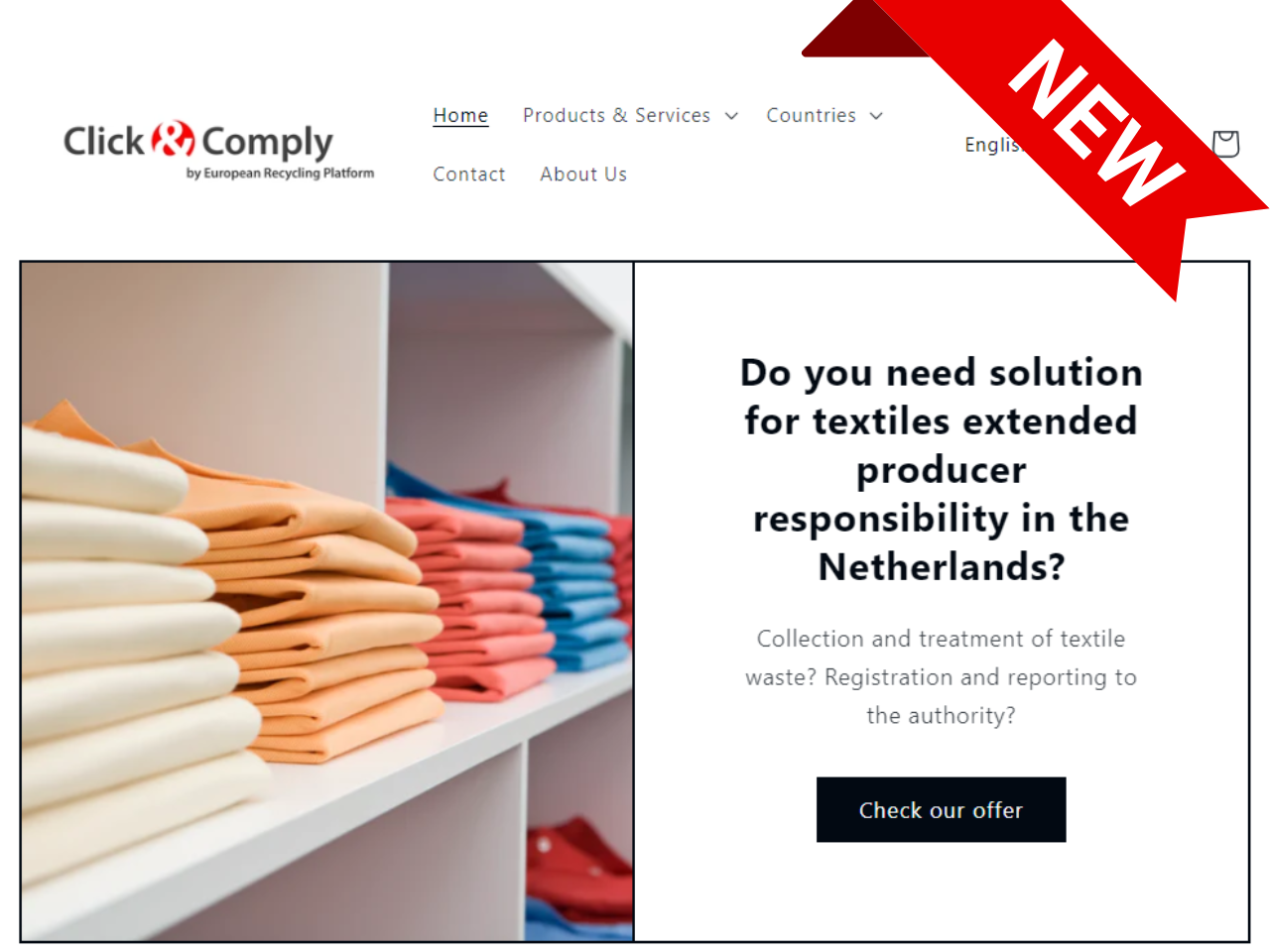What are the latest developments concerning environmental legislation globally? We’ve picked out some highlights for you for April 2022.

An international response to textiles
Textiles PRO in Italy takes a multinational approach ... Read more
Safety first
Huge increase in lithium batteries: how we help companies to manage takeback ... Read more
Lights, camera, action…
Watch the video of this year’s Green Alley Award ... Read more
Focus on… Kosovo and Montenegro
Two non-EU countries implement requirements from SUP Directive ... Read more
Focus on… Illinois
US state advances battery stewardship legislation ... Read more
CEO Corner - July 2024
In one of his LinkedIn posts, Jan Patrick Schulz talks about EPR and advanced recycling solutions for textiles ... Read more
Environmental compliance
What are the latest developments? We’ve picked out some highlights for June 2024. ... Read more
Chemical compliance
What’s happening? Here is an update for July 2024. ... Read more
Circular economy
What changes could have the biggest impact? Read our selection for July 2024. ... Read more
Landbell Group commits to Environmental Policy
To address its global impact, Landbell Group now has an Environmental Policy ... Read more
Click & Comply opens in the Netherlands
Welcome to our latest online store ... Read more
